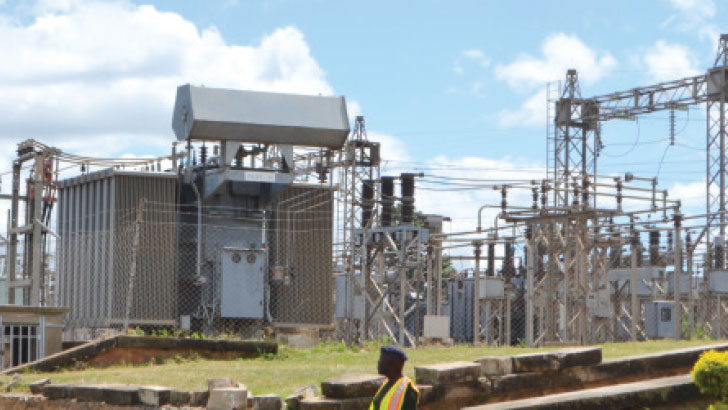Which way: PML or Escom?
A year after establishing Power Market Limited (PML) as a single buyer of electricity in the country, government is still considering reverting the function to Electricity Supply Corporation of Malawi (Escom).
PML is a creation of the power sector reform project under the $350.7 million (K242 billion) five-year Millennium Challenge Corporation (MCC) energy compact that aimed at improving power generation, transmission and distribution infrastructure.
It was granted the licence by the Malawi Energy Regulatory Authority (Mera) under Section 3 of Electricity Act in December 2020, to buy all electricity from independent power producers (IPPs), including importing and selling the electricity in Malawi.

Senior government officials resolved at a meeting on placement and operations of the single-buyer function; “specifically whether it should be under PML or Escom” held on November 8 2021, that should the function revert to Escom, it should first put its house in order by demonstrating that it is ready for the task and to operate all other proposed business units as profit centres.
Apart from the single-buyer function, Escom’s other proposed business units are transmission, system and market operator and distribution, according to a letter from Secretary for Energy Patrick Matanda to Escom board chairperson Frederick Changaya.
Attended by Secretary to the President and Cabinet Zanga-Zanga Chikhosi, Treasury Secretary Chauncy Simwaka, Changaya and Matanda, the meeting tasked Escom to present to government an organisational structure with full establishment details clarifying how the corporate office would be funded and linked to the separate licensees.
According to the letter, Reference No.C48/2/25, the meeting was a continuation of the review process of the policy position government has taken to establish a separate single-buyer company, PML, and discussions focused on the Escom motivation paper which highlighted the background to its failures to operationalise the organisation’s separate licensees.
Reads the letter, in part: “As the review of single-buyer function and its placement continues, the meeting agreed that the single-buyer function critically needs to be reviewed in terms of its operations in order to ensure that the power market players have confidence in the function and would have the assurance of a fair and transparent settlement system.”
The letter further advises Escom management to discuss internally the bank structure and cash flow for the single-buyer function together with its board of directors and the Escom Staff Union and later give feedback at an earliest opportunity for endorsement.
The meeting also agreed that since the placement of a single-buyer function has a huge bearing on the trust that the potential investors have on the settlement system, it will be important that the bank structure and funds flow system is credible and transparent to all concerned.
The review follows protests by ESU, who have been pushing authorities to freeze operationalisation of PML until an independent review of its viability is done.
Among others, ESU accuse government of alleged breach of laws and massive irregularities in the establishment of PML and recruitment of its top management.
But an energy expert has faulted government’s move, arguing that Escom should not be a single buyer of electricity and proposed that PML be merged with Mera, and be a department that should handle all power producers.
In an interview the expert, who is also former minister of Natural Resources, Energy and Environment Grain Malunga said: “The general consensus was that unbundling of Escom was necessary, but the institutions that were borne out of it smelt of a not-well-thought out idea.”
Asked to comment on the developments surrounding the future of PML, a senior MCC official, who asked not to be identified, said the compact programme wound up in 2018 after handing over all infrastructure to the Malawi Government.
Said the official: “We are currently doing other programmes such as agriculture and transport. PML is no longer among our focus areas. We, therefore, refer you to Ministry of Energy.”
Matanda did not respond to our questionnaire sent last week despite several reminders. The Escom board chairperson also refused to comment on the proposals. He referred us to the corporation’s spokesperson Innocent Chitosi, who asked for more time before commenting.





